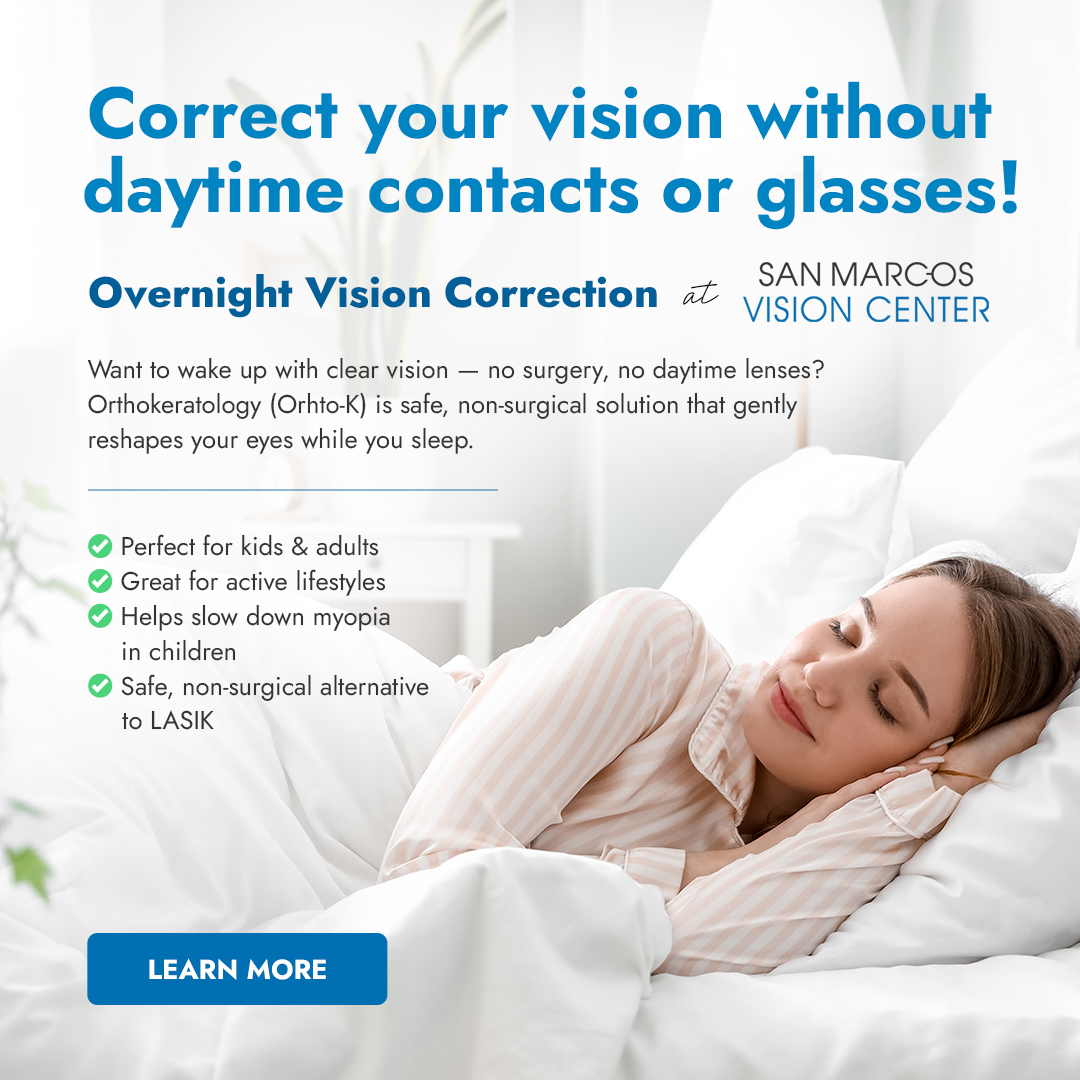
As a parent, educator, or healthcare professional, you may not realize the significant role that vision plays in a child's academic success. It may seem a distant possibility that vision problems could be the underlying cause for your child doing poorly in school. However, it is an undeniable fact that vision problems can severely affect a child's ability to learn and succeed in school.
Understanding Vision Problems in Children
Vision problems in children are more common than most people think. The American Optometric Association estimates that 1 in 4 school-age children have vision problems that, if untreated, can affect learning ability, personality, and adjustment in school. Some common vision problems in children include nearsightedness, farsightedness, astigmatism, and eye coordination problems, which can lead to trouble with focusing the eyes.
Children struggling with vision problems are often mistaken for having behavioral issues or learning disabilities, which further delays the diagnosis and treatment of the underlying vision problem.
How Vision Problems Affect Learning
Children are highly visual beings. According to various studies, approximately 80% of what a child learns in school is information that is presented visually. Thus, good vision is not just about how clear we see, but it’s also about how well we can interpret and understand what we see. Hence, children who have trouble focusing eyes or have other vision problems often experience decreased school performance.
For instance, a child with undiagnosed vision problems may struggle to read, write, or copy from the blackboard. They may lose their place while reading or skip small words, struggle to write neatly, or have difficulty remembering what they've read because so much of their concentration is consumed with just deciphering the words. Moreover, children with vision problems may avoid visually intense tasks, leading to poor homework completion and decreased participation in class.
Vision problems can also impact a child's motor skills, affecting their ability to coordinate their eye movements with their hand movements. This can impact their ability to participate in sports and other activities, further alienating them from their peers and negatively impacting their self-esteem.
The Role of Regular Eye Check-ups in Academic Performance
Regular eye check-ups are crucial to detect vision problems early and to improve a child's academic performance. These check-ups can identify vision problems that may not be apparent in a classroom setting or during routine health exams.
During an eye examination, an optometrist does not only determine if a child needs glasses but also assesses eye health, muscle coordination, depth perception, and color vision. These comprehensive evaluations can reveal conditions like lazy eye, cross-eye or color blindness, which could significantly impact a child's learning.
Corrective Measures: Helping Your Child Overcome Vision-Related Learning Issues
If your child is diagnosed with a vision problem, there are several corrective measures that can be taken to help them overcome learning difficulties. Prescription eyeglasses or contact lenses are the most common solutions for refractive errors like nearsightedness, farsightedness, and astigmatism.
For eye coordination problems, vision therapy is often recommended. Vision therapy is a kind of physical therapy for the eyes and brain. It is a highly effective non-surgical treatment for many common visual problems such as lazy eye, crossed eyes, double vision, and some reading and learning disabilities.
In addition to these corrective measures, adjustments can be made in the classroom to accommodate a child's vision problems. This might include providing reading materials with larger print, using high contrast colors on the blackboard, or allowing the child to sit closer to the visual aids.
Conclusion
Vision problems can significantly impact a child's academic performance. They can hinder a child's ability to learn and engage in the classroom, leading to decreased school performance. It is vital for parents and educators to understand the link between vision and learning and to take proactive steps to address any potential vision problems.
By ensuring regular eye check-ups, promptly addressing any diagnosed vision problems, and making necessary adjustments in the classroom, we can help children overcome vision-related learning issues. After all, every child deserves the opportunity to learn and perform to the best of their ability. And sometimes, all it takes is a simple pair of glasses to bring the world into focus.
Remember, a child's vision is a precious gift that plays a critical role in their learning and development. Let's pledge to protect this gift and give our children the bright future they deserve.
To get your child’s vision examined, visit San Marcos Vision Center at our office in San Marcos, Texas. Call (512) 890-0660 to schedule an appointment today.

 Specialty Contacts
Specialty Contacts





